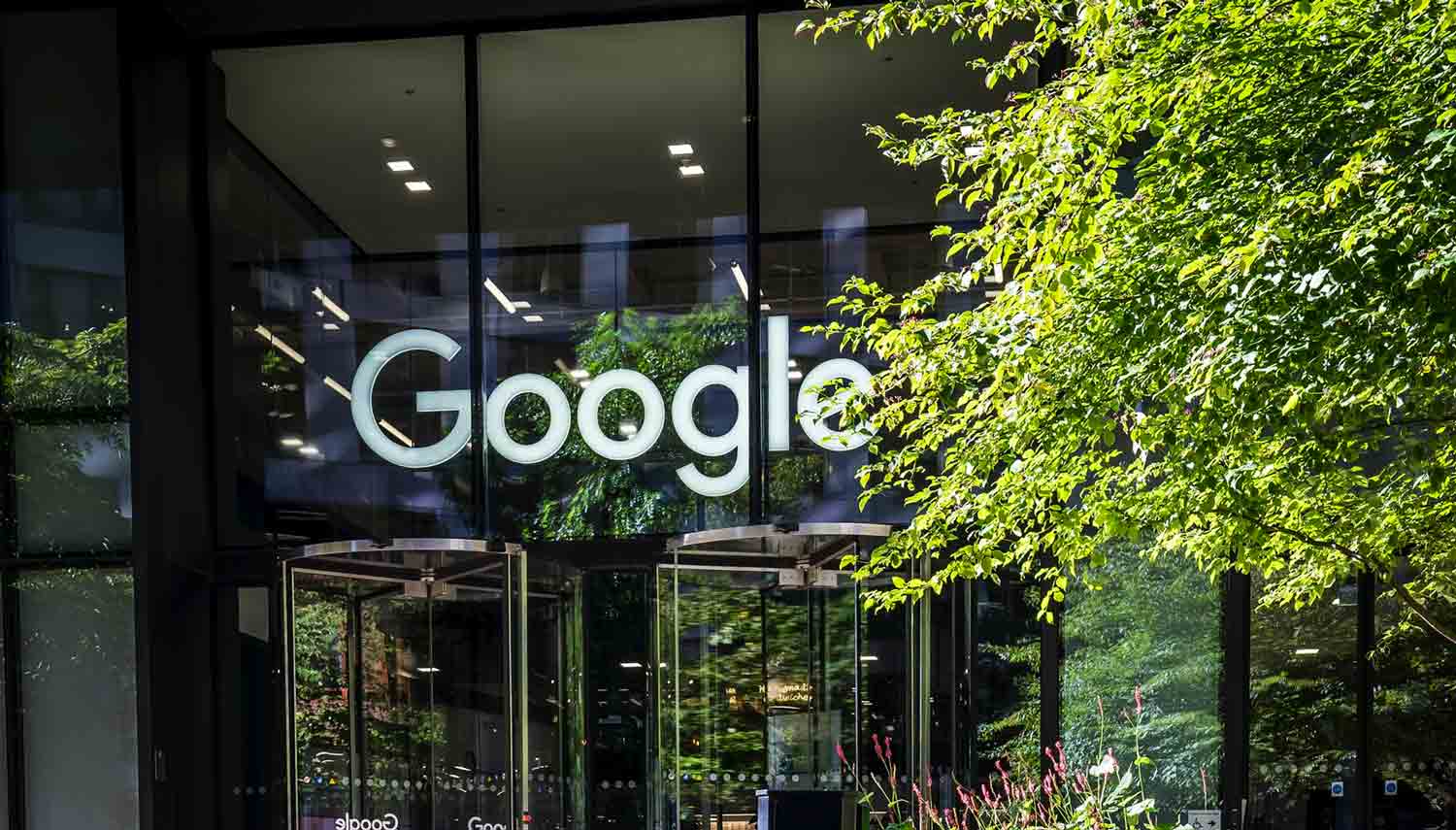

Artificial Intelligence (AI) is a rapidly growing field with great potential in transforming education. The use of AI in education has various benefits including personalized learning experiences, automation of administrative tasks and real-time feedback for students. However, there are also potential challenges such as privacy concerns, ethical considerations and the risk of AI replacing human teachers. In this article, we will explore the advantages and challenges associated with AI in education.
The advantages of AI in education are vast. AI can provide personalized learning experiences for students by tailoring content and feedback to meet their individual needs. This approach enables efficient retention, engagement and a better understanding of the material. AI can also automate various administrative tasks such as grading and attendance tracking, enabling teachers to have more time to focus on other important tasks. Additionally, AI can offer real-time feedback to students on their performance, enabling them to track their progress and identify areas for improvement. Virtual reality simulations can also be used to create immersive learning experiences, helping students to better understand complex concepts.
Despite the advantages, there are also potential challenges associated with the use of AI in education. One of the most significant challenges is the risk of replacing human teachers with AI. While AI can automate many administrative tasks, it cannot replace the personal touch in teaching provided by human teachers. Therefore, it is important to ensure that AI is used as a supplement to human teachers and not a replacement. Privacy concerns are another important challenge as AI has the ability to collect and store large amounts of data about students. It is crucial to ensure that AI is used in a way that protects student privacy. Ethical considerations are also raised as AI has the potential to create biased algorithms resulting in unfair outcomes.
To effectively use AI in education, it is important to consider both the benefits and challenges associated with its use. This includes using AI in a way that supplements human teachers rather than replacing them and ensuring that there are ethical and privacy considerations in place. In conclusion, AI has the potential to revolutionize the education sector, however, it is important to use it responsibly to enhance the learning experience rather than replace the role of human teachers.
Related Posts




